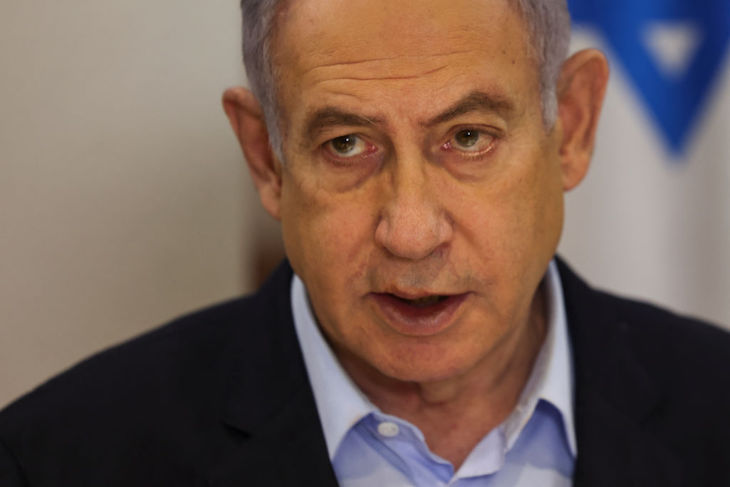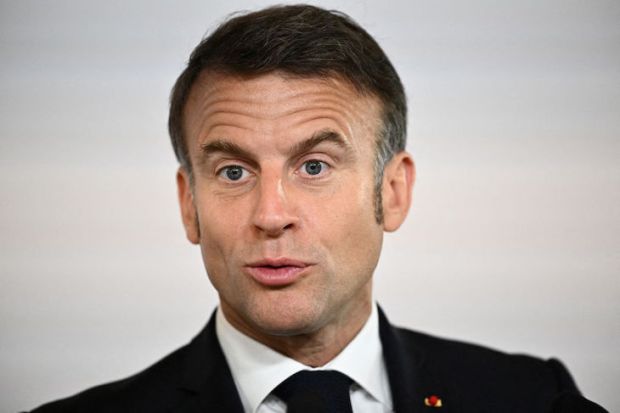Israel’s government has finally begun to turn its attention to what happens once the war in Gaza is over. The ‘basic contours’ of a hostage deal – and possible second Gaza ceasefire – continue to take shape, with further talks set to take place this week in Qatar’s capital Doha between Israel’s intelligence services, the United States, and Hamas via Qatari and Egyptian mediators.
Already a subscriber? Log in
Subscribe for just $2 a week
Try a month of The Spectator Australia absolutely free and without commitment. Not only that but – if you choose to continue – you’ll pay just $2 a week for your first year.
- Unlimited access to spectator.com.au and app
- The weekly edition on the Spectator Australia app
- Spectator podcasts and newsletters
- Full access to spectator.co.uk
Or




















Comments
Don't miss out
Join the conversation with other Spectator Australia readers. Subscribe to leave a comment.
SUBSCRIBEAlready a subscriber? Log in